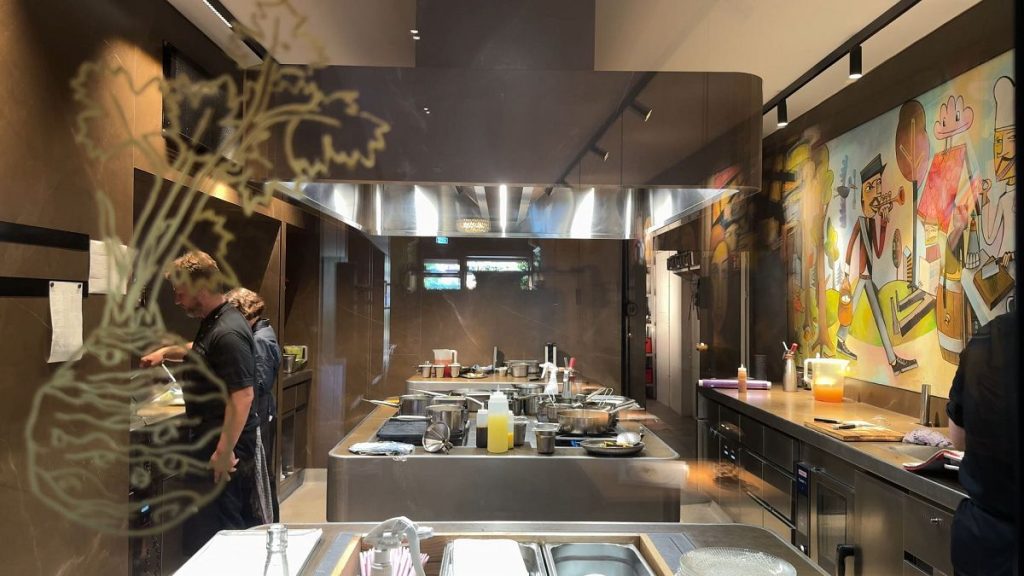Five of Berlin’s highest-awarded fine dining restaurants have closed in the past 12 months, with others warning of a critical situation. Sebastian Frank, head chef at Horváth, a double Michelin-starred restaurant, described the situation as serious and just the beginning. The pandemic and major global events, such as Russia’s invasion of Ukraine, have significantly impacted the restaurant industry in Berlin. The German hotel and catering association pointed to rising operating costs, declining tourism numbers, and investor challenges as contributing factors to the crisis.
Several factors have been cited for the closures, including the return of restaurant VAT from 7% to 19% following the pandemic, soaring inflation, and dwindling tourism numbers. Gerrit Buchhorn of DEHOGA Berlin highlighted the need for the government to address the financial challenges faced by the restaurant industry and suggested a reduction in restaurant VAT to help alleviate some of the pressure. Frank also emphasized the need for a restrictive financial policy and cuts in the national budget to stabilize costs and make dining out more affordable for customers.
To adapt to the challenges, Horváth and other fine dining restaurants in Berlin have introduced smaller, cheaper menu options to attract a wider range of customers. Frank explained that while the restaurant has had to increase prices due to VAT changes, they are still striving to make their offerings accessible to a broader audience. Both Frank and Buchhorn criticized the government’s financial policies, suggesting that short-term decisions are not addressing the underlying issues faced by the restaurant industry.
The broader economic challenges faced by Germany are reflected in the struggles of the fine dining sector in Berlin. Rising rents and costs, along with the impact of major global events and government policies, have created a difficult environment for restaurants to operate in the capital city. Despite efforts to adapt and attract customers, many establishments are facing significant financial losses and potential closures. The future remains uncertain, with industry experts warning of further challenges ahead.
Both Frank and Buchhorn emphasized the need for long-term solutions to address the financial pressures faced by the restaurant industry in Berlin. As the government looks towards the next federal election, there is hope for policy changes that can support the survival of fine dining establishments and promote sustainable growth in the sector. However, without significant interventions and cooperation between stakeholders, the crisis facing Berlin’s fine dining restaurants may continue to escalate, reflecting deeper economic issues within Germany.


